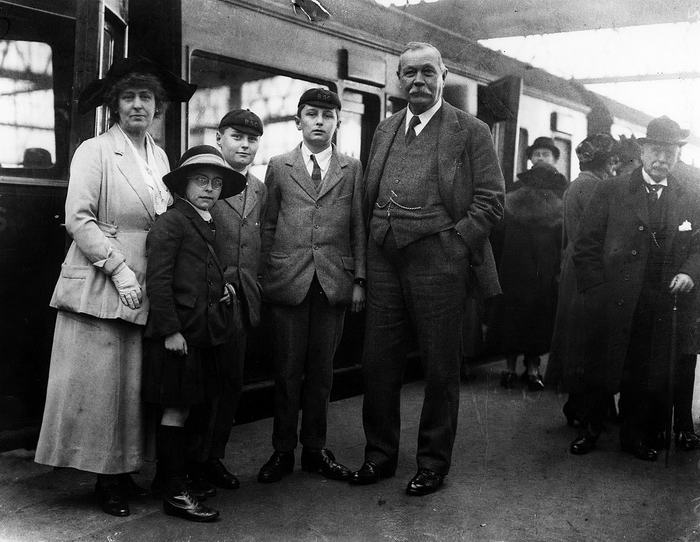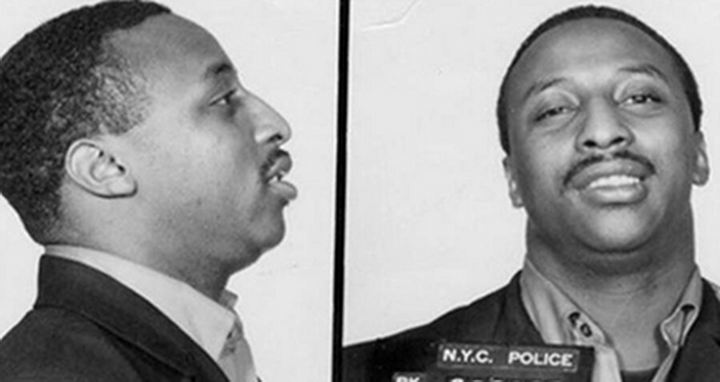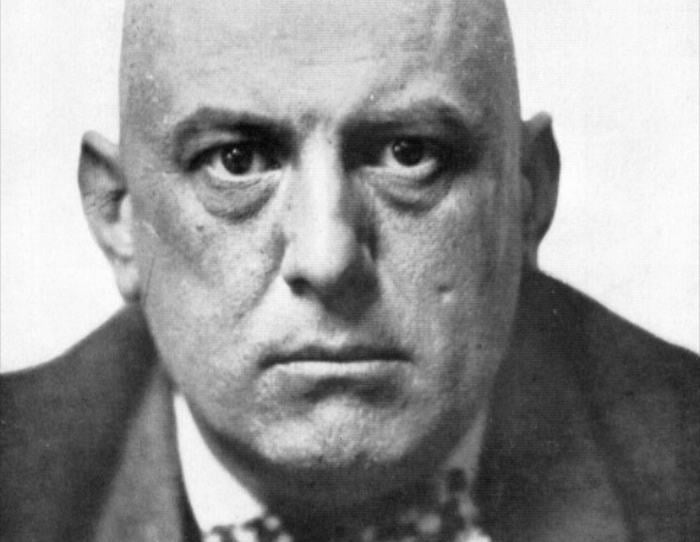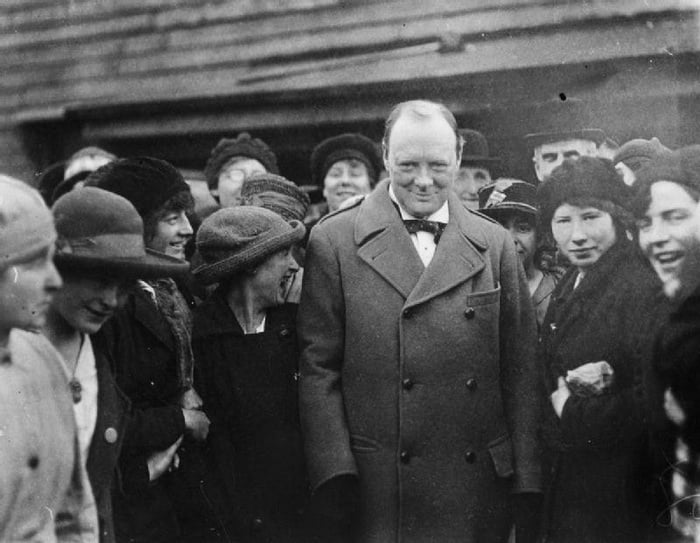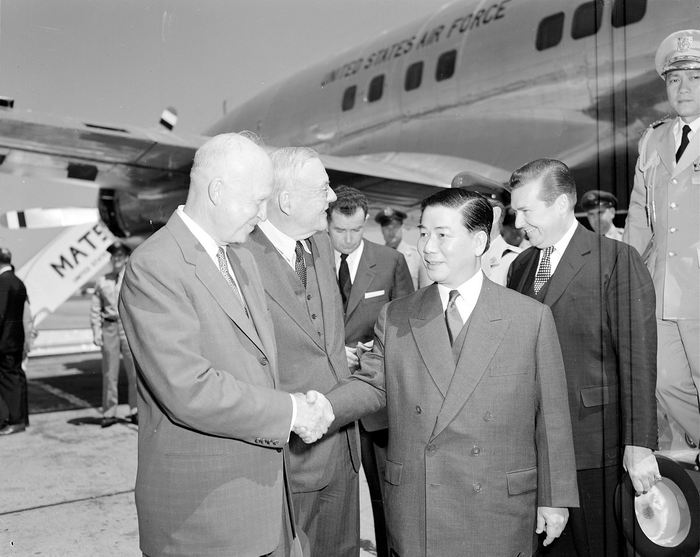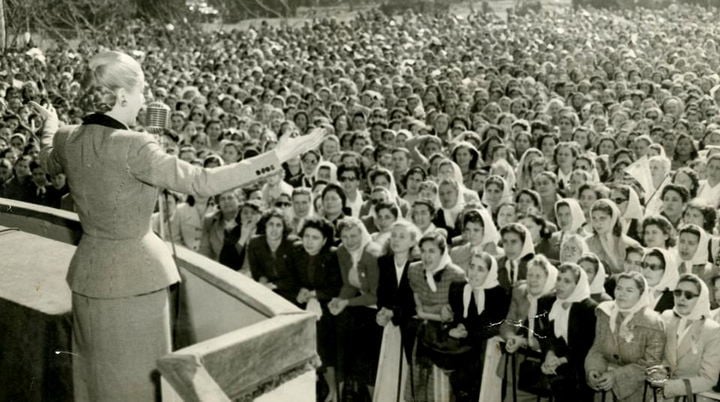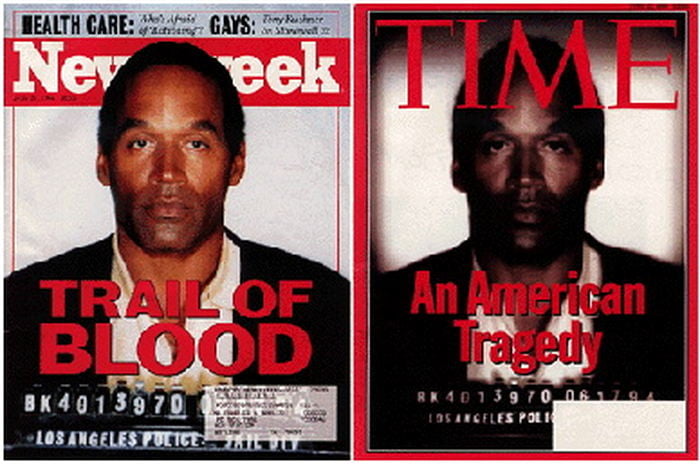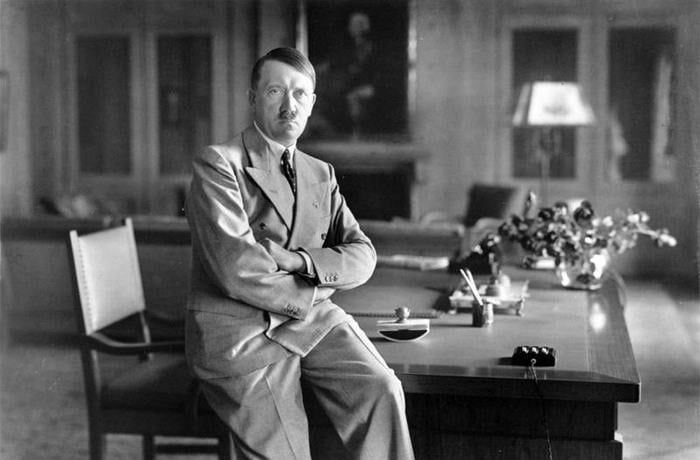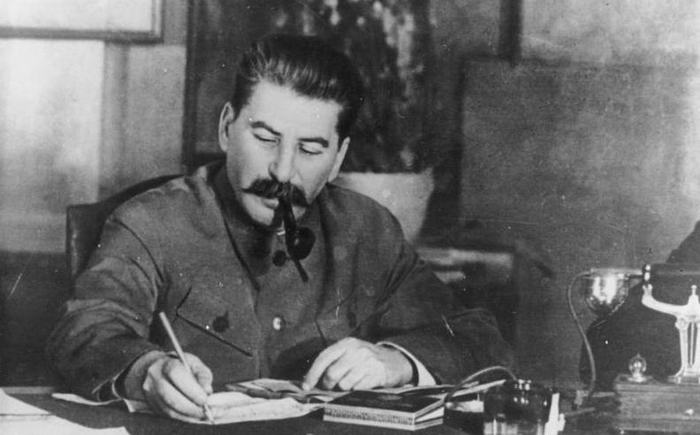The Pulitzer Prize, a symbol of unparalleled literary prestige, has been the dream of writers since its inception in 1917. Named after Joseph Pulitzer, a titan in the publishing world, this award is not just a testament to literary excellence; it’s a beacon for those aspiring to leave an indelible mark in the realms of writing and journalism. Winning a Pulitzer is akin to etching one’s name in the annals of literary history, representing a triumph of creativity and truth in storytelling.
Each year, Columbia University bestows this coveted award, spanning across 22 categories including fiction, drama, journalism, and music. These categories mirror the vast tapestry of American life, celebrating works that push literary boundaries and challenge conventional narratives. The Pulitzer is more than an award; it’s a legacy of Joseph Pulitzer’s vision to honor writing that exemplifies artistic integrity and journalistic truth.
But what truly sets Pulitzer-Prize winners apart? It’s not just their mastery of language or unique storytelling techniques; it’s their relentless pursuit of truth, the courage to push creative boundaries, and the ability to capture the essence of human experience in words. Their works don’t just narrate stories; they evoke emotions, challenge perceptions, and spark conversations that resonate across generations.
In this realm where words wield power, the advice from Pulitzer-Prize winning authors is not just guidance; it’s a treasure trove of insights for anyone who dares to dream of literary acclaim. So, as we unravel the writing secrets of these celebrated authors, remember, their tips aren’t mere suggestions; they are the blueprints for literary masterpieces.
Writing your way to Pulitzer
Anyone who has won a Pulitzer is undoubtedly a writing star and always has a story to tell. This is where writers excel by crafting what surpasses expectations.
Learning from winning authors
The million dollar question in the mind of every writer focused on the Pulitzer Prize is; how did they do it? The point here is that as an upcoming writer there is always something to learn from Pulitzer winners, whether on fiction or factual writing.
Recent information available on Pulitzer.org for 2017 winners covers finalists for the coveted prize. The Underground Railroad, a fiction story authored by Colson Whitehead made it to the top.
10 – Trust your editor
According to Bret Stephens, who is also an op-ed writer with New York Times and Pulitzer Prize winner, your editor’s say is always right. Belabouring to change that will only make things worse.
09 – Hit the nail on the head
Bret also points out that writers should avoid beating about the bush. If a reader stops reading your piece, failing to directly go to the point is to blame. This very much applies to college papers online because you need nothing but one devoid of fluff, according to ThesisHelpers – the best dissertation writing service.
08 – Practice makes perfect
Jeniffer Edgan, the author of A Visit from the Goon Squad, a novel that has won a Pulitzer, advises in her book titled ‘Why We Write, ‘that everything needs practice for it to be perfected and writing is no exception. It is all about making it a habit even if it fifteen minutes every day.
07 – Read and Read more
Jeniffer stresses on the need to read at the level at which you want your composition to reach. Generally, reading extensively furnishes your brain with the right ideas, the how and the why.
06 – Short Sentences are powerful
On her website, Jane Friedman advises the need to keep your prize on the Pulitzer with short sentences. They tend to keep reader’s attention as opposed to long ones which can lose favor among snappy readers.
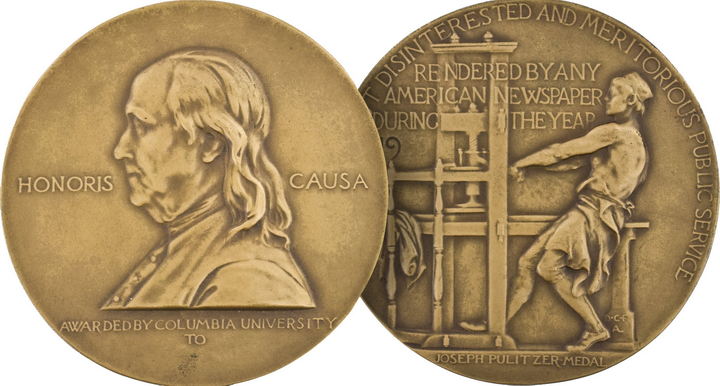
05 – Your voice matters
This is basically about how lyrical your composition is according to Jane Friedman. The sounding of your words carries more weight than meanings. A confident voice and avoidance of passive one is one thing that Bret Stephens emphasizes on.
04 – Facts matter
This is especially for non-fiction writers. It is important to always double-check. Bret cautions against using Wikipedia as the only source links.
03 – Avoid clichés
This is outdated and most of the times, they serve to waster readers’ time. They add no value to a piece of writing.
02 – Go with what works
Gilbert King is another Pulitzer winner and one of the things he encourages is that despite having everything drafted down on flip cards and indexed, at the end of the day, how you want to develop a story is what matters. It may just be through simple visualization of it.
01 – FTalk about it with those who care
It could be friends or family members but at the end of the day, you will feel a lot more obligated to produce a masterpiece to match their expectations. According to Gilbert King, it is what yields a masterpiece at the end.
In conclusion, learning to write what would hook any reader isn’t something to look at from a complicated angle. Tips from experts and award-winning authors blended with your own creative muse would be the magic wand you are looking for.
Understanding the Pulitzer Prize Selection: Behind the Scenes of Literary Recognition
The process of selecting a Pulitzer Prize winner is as intriguing as it is rigorous. It begins with an open invitation for submissions. Unlike many literary awards, the Pulitzer demands authenticity; authors must present their work in its original form, exactly as it appeared to the public. This insistence on originality underscores the Pulitzer’s commitment to celebrating genuine artistic expression and journalistic integrity.
Each submission undergoes scrutiny by a nominating jury, a team of experts who meticulously narrow down the vast pool of entries to just three finalists in each category. This jury, comprising individuals deeply rooted in the academic and literary worlds, ensures that each nominated work epitomizes the highest standards of literary quality.
The final decision rests with the Pulitzer Prize Board, a group of approximately twelve esteemed literary professionals. They engage in thorough discussions about each finalist, dissecting every aspect of the work’s impact, relevance, and artistic merit. The Board’s decision is not just about recognizing a well-written piece; it’s about honoring works that have significantly contributed to the American cultural landscape.
Winning the Pulitzer Prize is more than just receiving a prestigious accolade; it’s about achieving a milestone that solidifies an author’s place in literary history. The winners, awarded a cash prize and a certificate, find their careers transformed overnight. Their books and writings receive widespread recognition, often becoming bestsellers and influencing generations of readers and writers alike.
In summary, the Pulitzer Prize is not merely a testament to literary prowess; it’s a celebration of the enduring impact of storytelling on society. It represents the pinnacle of achievement for authors who, through their words, have shaped our understanding of the world.
The Lasting Impact of Pulitzer-Prize Wisdom
As we reflect on the invaluable writing tips from Pulitzer-Prize winning authors, it’s evident that their advice transcends mere writing techniques. These authors, through their award-winning works, have not only demonstrated unparalleled literary skill but also a profound understanding of the human condition. Their words serve as beacons for aspiring writers, illuminating paths to creative excellence and literary innovation.
Embracing these tips means more than refining one’s writing style; it’s about joining a legacy of authors who have shaped our literary world. Each piece of advice, grounded in years of experience and success, is a stepping stone towards achieving one’s own literary aspirations.
Remember, winning a Pulitzer is not just about mastering the art of storytelling. It’s about crafting narratives that resonate, challenge, and inspire. It’s about leaving a mark that transcends time, influencing readers and writers for generations to come. As you apply these lessons from the masters of writing, envision your place among the stars of the literary universe, where your words have the power to echo through the annals of history.















